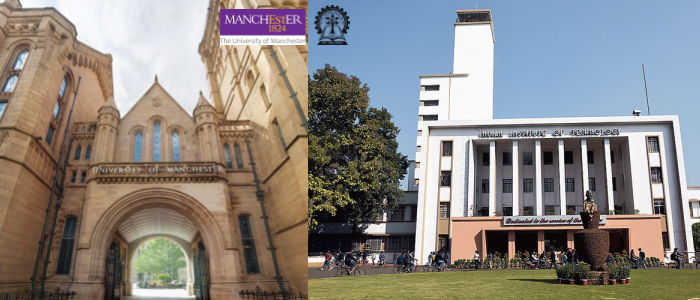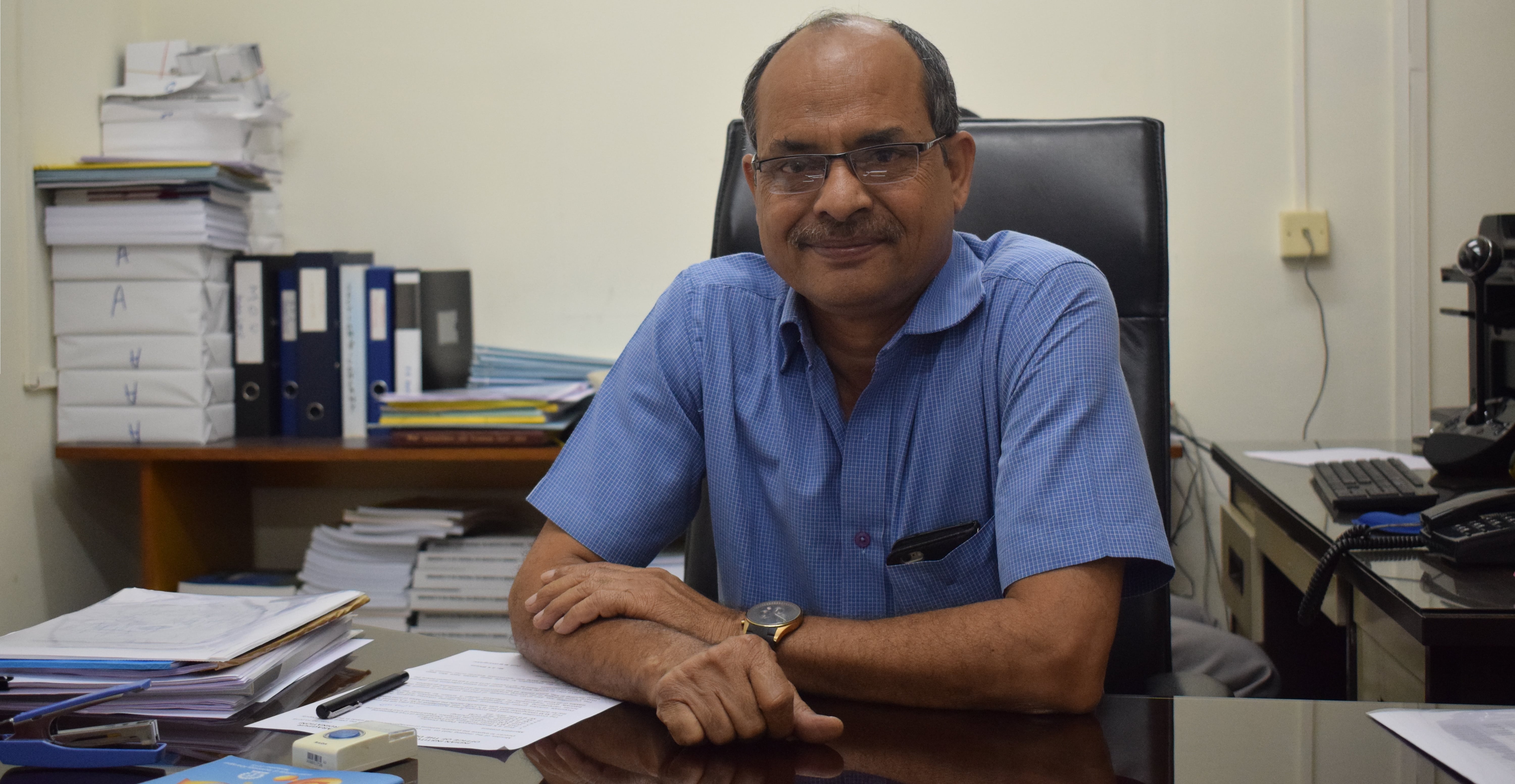
IIT Kharagpur and The University of Manchester Launch Dual Doctoral Programme
IIT Kharagpur and The University of Manchester are pleased to announce the launch of a dual award PhD programme which represents the next phase of our strategic partnership. This will serve to consolidate and build on existing research collaborations across a number of thematic areas including environmental geochemistry, biomaterials and Industry 4.0. Students will be jointly recruited and spend time in both Manchester and Kharagpur, benefiting from the expertise, facilities and infrastructure of two globally renowned institutions. The programme, launching this July, will be open to IIT and IISc graduates from India during its initial phase. Successful candidates will be…

